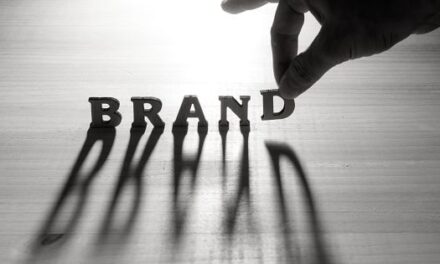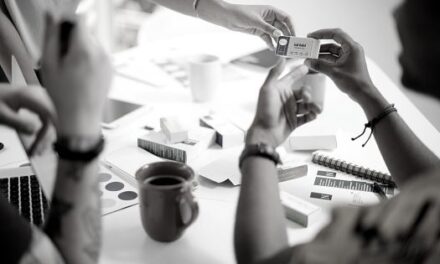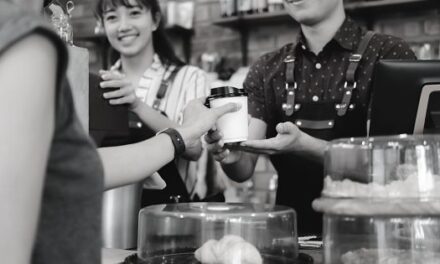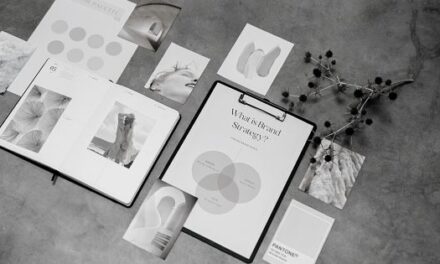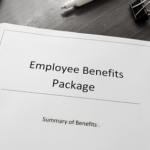Be thrifty, so that you can later be generous.
My dad passed away recently from cancer at age 75. He was a well-liked man, got along with everyone, was thrifty when it was not important and generous when it was.
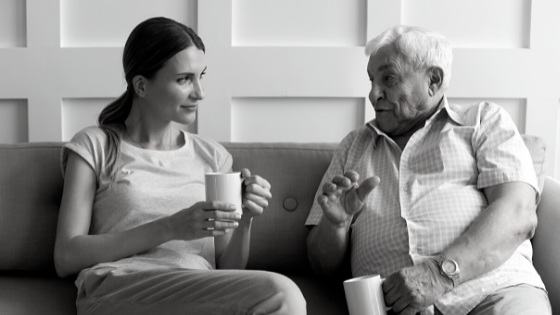
I’ve learned many things from my dad that have influenced me in all aspects of my life including my approach to work. The idea of having a solid habit of thriftiness so that you have money available when you need it has certainly contributed to my belief that the value of having your procedures being well embedded and automatic means that you have the ability and resources to deviate from the procedure when you need to. When you think about organisational processes time and money are almost interchangeable.
Solid procedures build the slack into your system. If your habit is to be thrifty (read efficient or lean) then you will have resources in reserve to manage the real crises that will inevitably happen.
This was an idea that I found invaluable when I was the operations manager at an occupational health clinic. One of the challenges I found when managing doctors (and indeed any clinicians) was that they railed against the idea of standard appointment times. I know that all medical practices do this, and I also suspect that all medical practices experience the same resistance from their clinical staff. When you are working with a patient you must focus on the needs of that patient and not on watching the clock.
However, I found that when I talked about this concept of thrift vs generosity with my clinical teams it was something that resonated. I asked, “are most of your patients complex?” to which most would say no. Most patients are routine. So, I suggested that they could aim for a standard appointment time for those routine patients which would then give them the space to run over time on a complex patient, most of them found that reasonable and efficiency improved.
I guess the bottom line is that procedures, SOPs, systems or whatever they are called in your workplace do not actually constrain us – what they do is to give us the freedom to make exceptions whenever that is absolutely necessary.
Thank you, Dad. I most surely did not get it then but as an adult I understand. All those years of generic brand groceries were the reason that every time my car broke down when I was a university student you would say “it’s only money” and pay for the repairs.
The most valuable thing you can do in a crisis is to make a cup of tea.
Dad’s passing has been the cause for a lot of reflection and introspection. This is the first major loss I have experienced in my life. I have certainly lost a few relatives and friends along the way, but nothing like this. Dad was and is a key part of my identity.
One of the things I have found myself saying when people express their condolences is that “Mum is the heart of our family. Dad was the rock.”
I can think back to every major crisis in my life – I would go to Mum and Dad’s place. I would cry and talk to mum and vent whatever emotions needed to be vented. Whilst Mum and I were absorbed in whatever the drama of the moment was, my Dad would appear and give me a cup of tea. When I was a bit older and if it was past lunchtime the cup of tea became a glass of wine, but the unspoken reassurance was the same: “This will pass. I understand that you are hurting right now, and I am so sorry that you are in pain, but in the long term it is not that big of a deal. You have lots of support and in the end, everything will be fine”.
Once I had vented, and Mum and Dad had offered their wisdom, the previously insurmountable crisis had usually morphed into a situation that I could manage.
At the time I had no idea that I was learning a valuable lesson about leadership. However later I think what I have taken away is that the most important thing in any crisis is to send a message that you are not too worried. Yes, whatever is going on is important, but you have fixed problems in the past and you are confident that this one can also be fixed. That was certainly the message that I took away from those quiet and unobtrusive cups of tea and glasses of wine. In the end, everything will be alright.
Peter Moore: you were the best Dad, a true gentleman, and a legend. Ar dheis D go raibh a anam. (This is the Gaelic equivalent to RIP. It translates to “At the right hand side of God my his soul be faithful”.)

